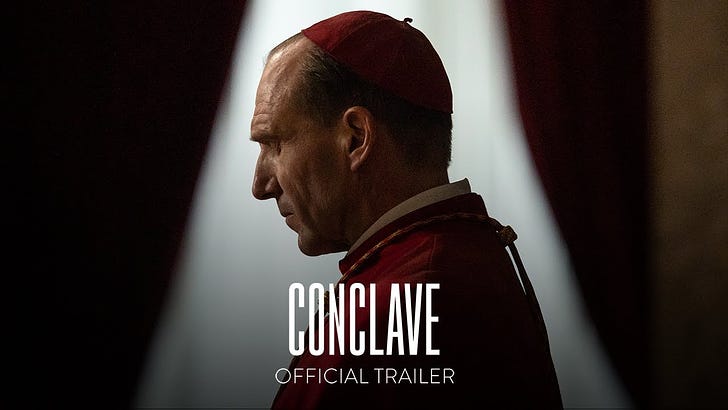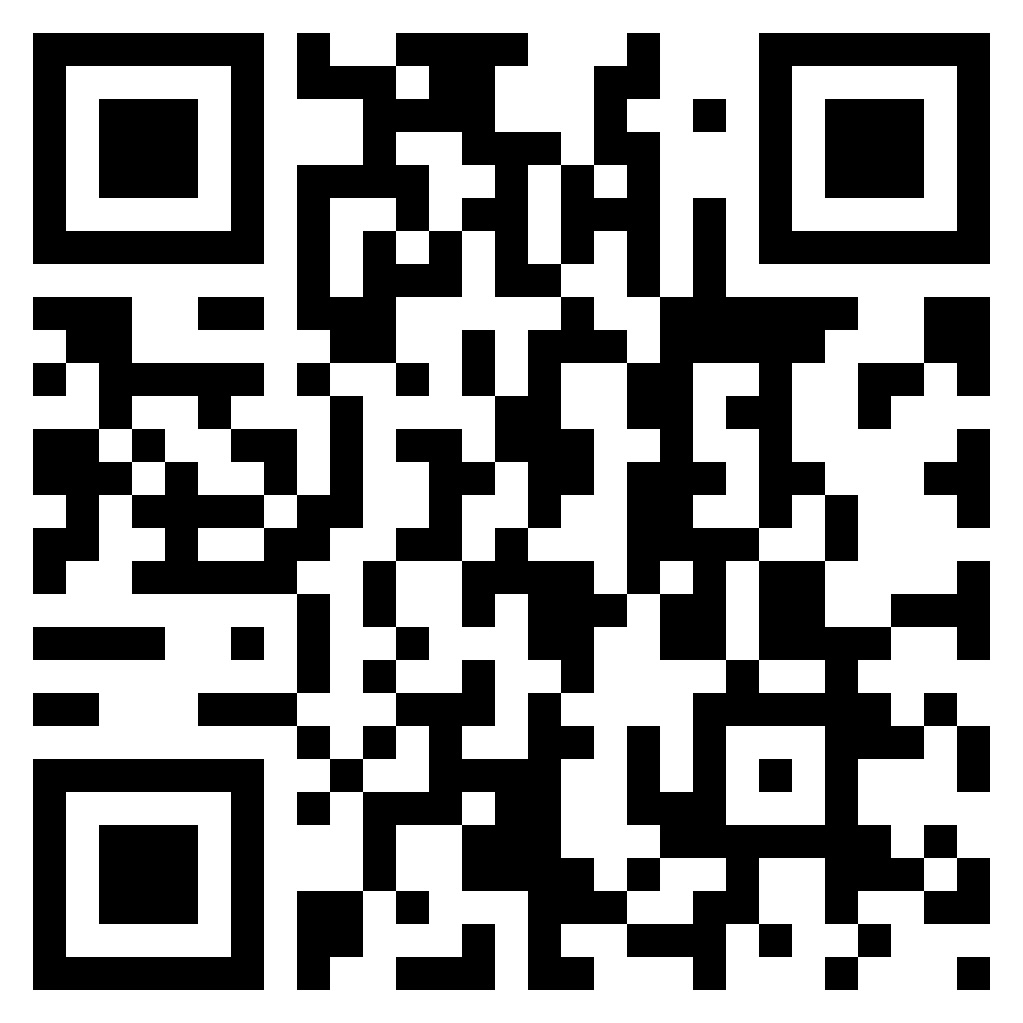The real conclave hits real prime time
A novel overtaken by its film avatar. An account of minutiae and magnificence in choosing a pope
A bonus edition of This Week, Those Books because the process of choosing a new pope begins May 7.
This Week, Those Books was created to provide context to the news by linking the big international story to the world of books We now have nearly 11,000 followers in 120 countries on the Substack app. If you find TWTB useful, thoughtful, and…a conversation starter, please help sustain us by becoming a paying subscriber. An annual subscription is less than the price of one hot drink per month for a whole year at a branded coffee shop!
Click here to subscribe to the spring offer for 25% off.
The Big Story:
A consequential election is underway, one that matters to 1.4 billion people across the planet.
In Vatican City, the world’s smallest sovereign state, 133 cardinals from 71 countries vote to elect the man who will succeed the late Pope Francis.
The new pope will need at least 89 votes.
The cardinals cast their ballot in secret but the background noise is terrific:
Will Europe, which has the largest number of eligible cardinals, reclaim the papacy after losing it to Francis, the Argentinian who in 2013 became the first non-European pope in centuries?
Will Italy reverse a nearly 50-year decline in papal power, which started with Poland’s John Paul II and was followed by Germany’s Benedict XVI and Francis?
Could there be a pope from Africa, a celebration of the fact Africa has the world’s fastest growing Catholic community?
These books offer context:
It’s a small operation here at This Week, Those Books and even the smallest bit of reader support matters enormously and makes our day. If you aren’t already a subscriber, please consider the spring offer for 25% off. Thank you.
The Back Story:
The very word ‘conclave’ comes from the Latin clavis or key, suggesting confinement, which is what happens when the cardinals meet in the Sistine Chapel in the Vatican.
The first papal conclave in the Sistine Chapel was in 1492.
The 2025 papal election is considered one of the most unpredictable ever because Francis appointed roughly 80% of the cardinals currently eligible to vote and he consciously chose people who represented diverse countries and political backgrounds.
The conclave that elected Francis had cardinals from just 48 countries. This one has cardinals from 71 countries.
A candidate requires two-thirds of the vote to become pope. Until that is achieved, ballots are burned after each vote. Black smoke indicates no decision. White smoke tells the world ‘Habemus Papam’, a Latin phrase that literally means we have a pope.
There were Italian popes for 500 years from the 16th century.
Point of pride for yours truly: As head girl of a Catholic school in north India, I shook Pope John Paul II’s hand when he conducted a mass in Delhi in February 1986.1
Conclave: A Novel
By: Robert Harris
Publisher: Hutchinson
Year: 2016
It is both a pity – and a blessing – that this superb Robert Harris novel is so overshadowed by the 2024 film based on it.
Conclave, the film that stars big names such as Ralph Fiennes, Stanley Tucci and Isabella Rossellini, became a box office hit and won an Oscar.
It’s fair to say more people worldwide have seen Conclave than read it, in the six months since the film was released.
That is both good and bad. Good, because Conclave, the film, offers a glimpse into the secretive process of choosing a pope. It sheds light on the little-known rituals – as well as the more familiar politicking – that go into electing the leader of the global Roman Catholic church. The film entertains and informs. That’s all to the good.
But the film seems to cast the book somewhat into shadow. This is unfortunate as it’s a really good novel, in technicolour text (the choice quotes below give a flavour).
Harris, a craftsman of the suspense story, does a masterly job. The plot revolves around the tensions – ideology, ego, long-buried secrets– that come into play when cardinals meet to choose a new pope after the death of the incumbent. In the novel, the conclave is supervised by Cardinal Lomeli (in the film it is Cardinal Lawrence, played by Fiennes). Locked in the Sistine Chapel, the cardinals cast multiple ballots. The four leading candidates are Aldo Bellini, a progressive American; social conservative Joshua Adeyemi of Nigeria; the moderate Joseph Tremblay of Canada and traditionalist Italian Goffredo Tedesco.
The conclave’s deliberations are protracted – complicated by new revelations of sexual impropriety and vote-buying among some of the likely contenders. Then, the conclave starts to incline towards an unlikely choice – the archbishop of Kabul!
No spoilers, but a further explosive revelation decisively brings this fictional conclave into the 21st century.
Choice quotes:
Once, God explained all mysteries. Now He has been usurped by conspiracy theorists. They are the heretics of the age.
Lomeli tried to picture the Universal Church at that moment – some one and a quarter billion souls: the ragged crowds gathered around the television sets in the slums of Manila and São Paulo, the swarms of commuters in Tokyo and Shanghai hypnotised by their mobile phones, the sports fans in the bars of Boston and New York whose games were being interrupted…
“You know that he had doubts himself, by the end?”
“The Pope had doubts about God?”
“Not about God! Never about God!” And then Bellini said something Lomeli would never forget. “What he had lost faith in was the Church.”
Selecting the Pope: Uncovering the Mysteries of Papal Elections
By: Greg Tobin
Publisher: Sterling
Year: 2003
This book offers valuable detail about the legislative procedure used to select a pope and its historical and religious significance. The author, former editor of a Catholic newspaper in Newark, New Jersey, notes the dissonance at the heart of the ritual of choosing a pope. He writes that it “incorporates the highest spiritual aspirations (ie the guidance of the Holy Spirit and the will of God) with the simplest and basest of human realities, such as money, politics and conflicting personalities”.
Interestingly, for all that Francis is considered the pope who did the most to enlarge the electoral college of cardinals, the process started long before, with Pope Pius XII. Tobin writes that on February 18, 1946, Pope Pius XII “announced the elevation of thirty-two new cardinals – the largest number of new cardinals in a single day since Leo X in 1517…[and thereby] internationalized and de-Italianized the college of cardinals to a greater degree than anyone before”.
Also free to read from the archives:
Write to us: thisweekthosebooks@substack.com
Connect on: LinkedIn | Twitter | Bluesky | Facebook | Threads | YouTube
https://www.vatican.va/content/john-paul-ii/en/homilies/1986/documents/hf_jp-ii_hom_19860201_stadio-delhi.html








